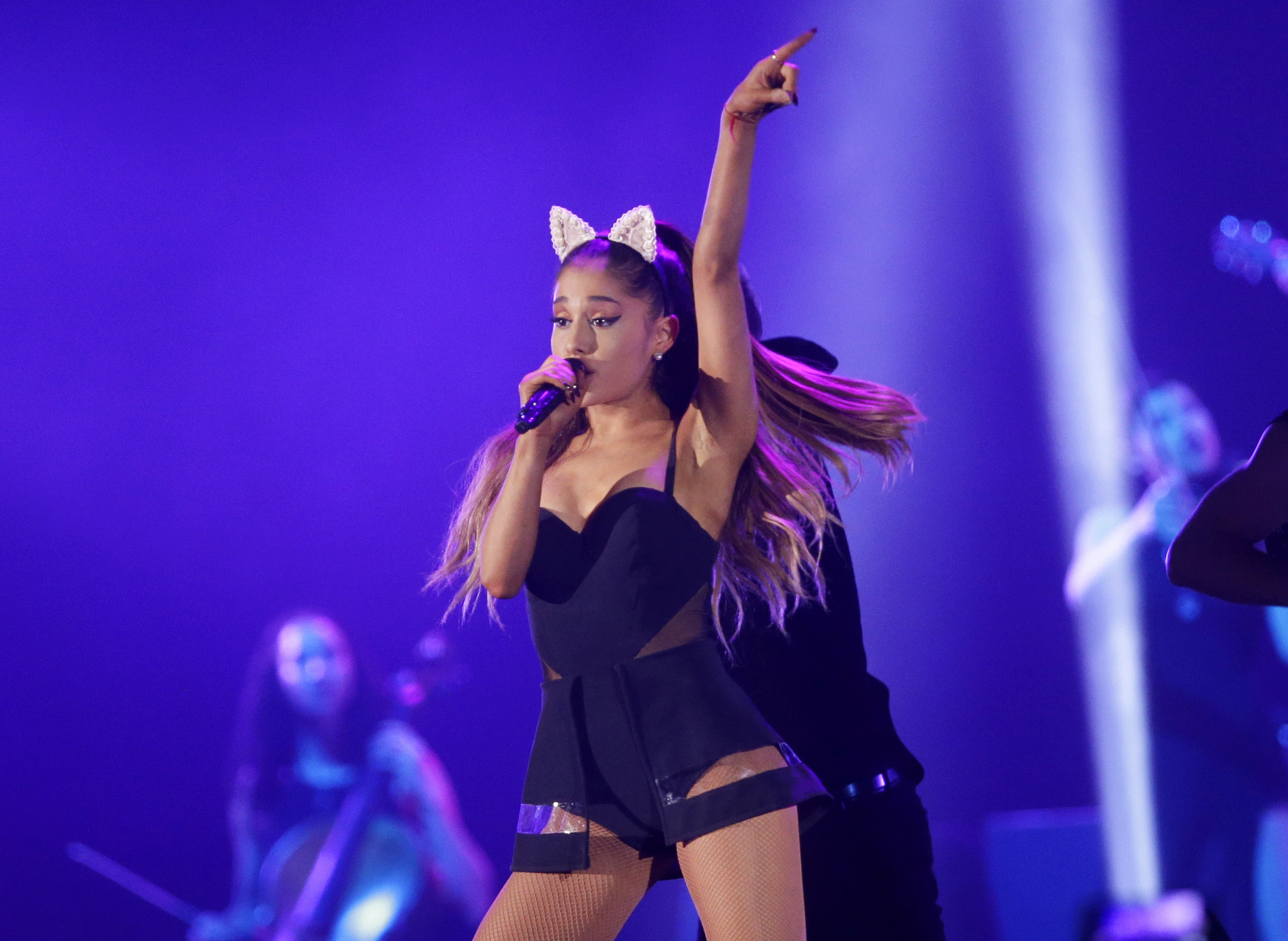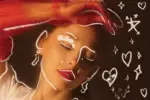Throughout the last decade, artists such as Katy Perry, Halsey, Ke$ha, Lady Gaga and Britney Spears have become icons within the LGBTQ community, joining legends such as Madonna, Queen and even Melissa Etheridge as symbols of queer empowerment through music.
In recent years, though, as society, and, as a result, its music, have become even more open to individuals across the gender and sexuality spectrums, rather than simply empower the queer community, musicians themselves have begun to use their music as a way of declaring their sexuality or encouraging others to declare theirs. In doing so, they have helped further empower the LGBTQ community, both implicitly and explicitly.
In 2018 alone, a handful of musicians have released LGBTQ anthems, several of which have transcended the niche audience of queer listenership and become bone fide pop culture phenomena. Below are five such songs, and while you may not recognize some of their names, there’s a good chance that you’ve already heard a few of the tracks.
So, if you want to celebrate the LGBTQ community while also finding some addictive new music, put down Diana Ross’s “I’m Coming Out” and pick up any of the amazing songs below.
1. Janelle Monae’s “Dirty Computer” (Album)
Janelle Monae’s new album, “Dirty Computer,” came out (no pun intended) two weeks ago, and in doing so turned listeners’ and critics’ heads in the best way possible. A revolutionary album, “Dirty Computer” captures multiple themes throughout the 14-track record, with many of the songs focusing on Monae’s sexuality.
As both an audio and visual album, the songs on “Dirty Computer” reflect Monae’s ethnicity and sexual identity in ways that a purely auditory project would fail to do. The third track on “Dirty Computer,” titled “Take a Byte,” explores the idea that sexuality is something that you cannot hide within yourself.
“Your code is programmed not to love me, but you can’t pretend,” Monae sings in her silken, Motown tones. Throughout the song, she encourages listeners to explore their sexuality and discusses the challenge of coming to terms with your identity.
2. “Curious” Hayley Kiyoko
Throughout her nascent career, Hayley Kiyoko has become known for her sexually explorative songs. Emerging on the music scene in 2013, Kiyoko and her growing discography have a handful of songs that deal with self-reflection, the female form, emotions and sexuality.
In “Girls like Girls,” “Gravel to Tempo” and “Curious,” the first single off her debut album, “Expectations,” Kiyoko explores what sexuality means in 2018 and how young people should go about exploring, thinking about and accepting theirs.
Described by Kiyoko herself as a “self-respect anthem,” “Curious” hints at a relationship that has been put on the back burner, as Kiyoko wonders if her ex-lover still has feelings for her. The visual component to “Curious” focuses on Kiyoko and a past lover, portraying both women as engrossed in an unfinished love affair.
Kiyoko’s lyrics hint at their relationship still having a spark, singing, “You say you wanted me, but you’re sleeping with him/ you think of me, I’m what you see.” Throughout the song, Kiyoko paints the picture of an unrequited love, but also offers the idea that their hesitation to return to the relationship leaves the dynamic feeling balanced, rather than asymmetric.
3. “When It’s Right” Alyson Stoner
If you don’t know who Alyson Stoner is, take a trip down memory lane to “Camp Rock,” “Cheaper by the Dozen” and the child dancer in the Missy Elliot videos. Since her acting career helped bring her to celebrity, Alyson Stoner has stayed relevant through her dancing cameos and music career.
Recently, Stoner penned an exposé in Teen Vogue, in which she confessed her attraction and love for a woman she met in dance class. Her memoir focused on the emotional awakening that she experienced, while she also coped with the reality of loving someone she didn’t know she could.
She then confessed herself to be someone who is “attracted to men, women, and people who identify in other ways.” Stoner took this realization of pansexuality and expressed it in her music, which led to the single “When It’s Right.”
In the song, upbeat, electric pop blends with Stoner’s atmospheric singing; her lyrics describe the emotions she felt when seeing her lover for the first time. Stoner describes the concept behind the single, saying, “It’s right when it’s right – and who it’s right with. She messed up everything in the best way possible and I wouldn’t change a thing.” Throughout the song, her lyrics exemplify how necessary it is to listen to your heart.
4. “No Tears Left to Cry” Ariana Grande
Ariana Grande’s “No Tears Left to Cry” starts slow and speeds up into a fast pop song, throughout which she sings about overcoming setbacks. In an article on Access Online, Grande’s music video director explained that the visuals for “No Tears” are about “explor[ing] the disorientation that you go through in life and the quest we all go through to find the ground again.”
Everyone experiences obstacles, but Grande’s song wants to remind listeners that the end result is worth the challenge. “Right now, I’m in a state of mind/ I wanna be in, like all the time/ Ain’t got no tears left to cry,” Grande sings. Determination, she suggests, is all you really need to take yourself to another level.
The song, though not overtly about the LGBTQ+ community, has taken on symbolic value as representing the struggle of coming out. The song has been adopted by the queer community as a representation of how worthwhile the struggle of coming out may be.
In fact, after the song’s release, “Glee” actor Kevin McHale responded to the song by coming out himself. McHale’s confessional, yet funny tweet showed that even if her content was not intended to be an anthem for the LGBTQ+ community, the emotion conveyed in the song is universal.
5. “Bloom” Troye Sivan
An allegory about the growth of a flower, Troye Sivan’s “Bloom” compares the singer’s budding sexuality to the maturing of an beautiful, delicate blossom.
The song, which was released last week, is filled with allusions to the singer’s sexuality, an unsurprising fact given that Sivan has been vocal about his romantic attractions since coming out on YouTube in 2015.
The song’s lyrics hint at Sivan losing his virginity, as he sings, “Tell me right before it goes down (promise me you’ll)/ Hold my hand if I get scared now (might tell you to)/ Take a second baby, slow it down/ You should know I, you should know I bloom just for you.”

















